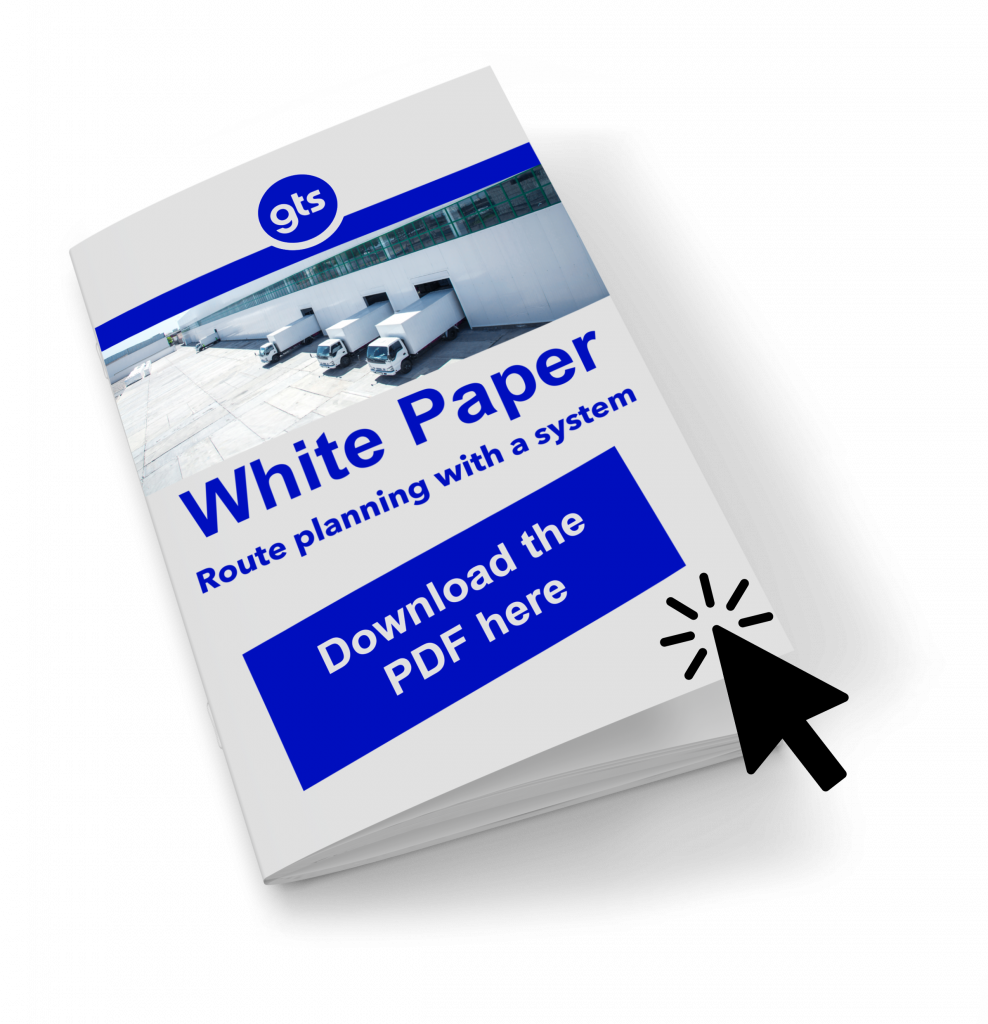The coronavirus has dominated every news program for weeks. One important aspect is largely neglected: the importance of transport logistics. Every day, driver services transport thousands of samples from alleged Covid-19 infected people to laboratories. To process these tests accurately and efficiently, you need perfect timing.
In practice, it looks like this: The laboratory's driving services drive to their senders and pick up the samples there. Senders are usually general practitioners, clinics, etc. On this occasion, the medical practices also receive new collection systems, i.e. the material required for taking samples. For example, for corona samples that then have to be brought to the laboratory. The challenge for the driver service is to be very punctual. If you arrive too early, not all samples have been taken, if you arrive too late at the laboratory, the quality of the samples may suffer and the test results may be falsified. In addition, samples must be regularly received in the laboratories so that the systems can work continuously. Basically, the laboratory tours are usually mercilessly overbooked. It is therefore necessary to find out in good time which customers are actually being approached on a tour and which are not, e.g. because there are no samples.
In addition, there is currently another medical bottleneck scenario in the area of tour planning: Especially in times of the pandemic, it seems important that seriously ill people can sometimes be cared for at home. This applies, for example, to people with certain lung diseases who are treated by nursing staff with medical liquid oxygen. These patients either receive their oxygen in bottles or have small tanks that need to be refilled regularly. For the suppliers of medical gases, planning is very complex due to individual customer requirements. Often each day is planned individually, which is very time-consuming.
Route planning in times of Corona
Which stations have to be approached at which specific time? Which can be left out for now? And what is the best tour? The route planning software TransIT reacts quickly and automatically to changes. It ensures maximum utilization, but avoids overloading. The way and destination are determined on the basis of intelligent algorithms, precise area planning and automated optimisation processes. Such flexible and fast route planning is indispensable, particularly in laboratory and gas logistics. Numerous industry giants have already recognized this and rely on TransIT from gts, including the medical device manufacturers sapio, Löwenstein medical, Zuther+Hautmann, GT GasTech and MedicAir as well as three of the four largest laboratory operators in Germany with the Limbach Group, Sonic Healthcare and Amedes.
In two webinars, the experts from gts will explain what advantages flexible and automated route planning offers in detail and how it is used in practice: On April 16, the special requirements of companies in the laboratory area will be discussed. April those in the medical gases sector.
Your contact person:
Thomas Kriese
0241 6095950 21
kriese@gts-systems.de




